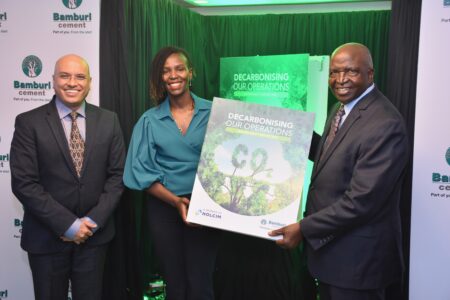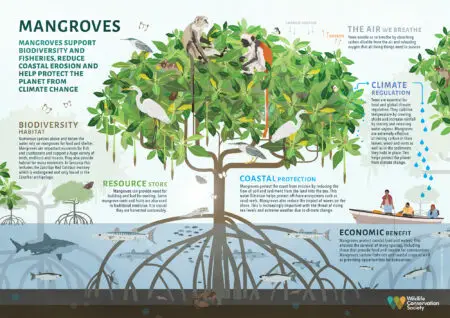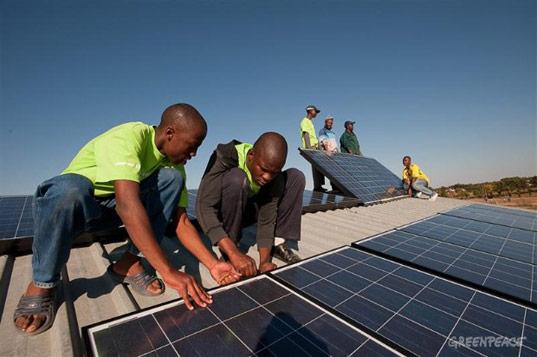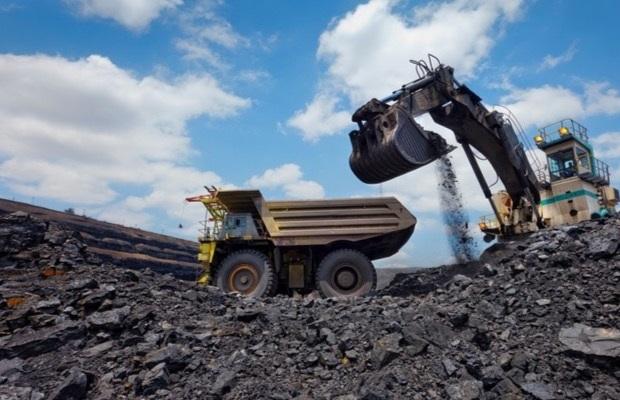- Abu Dhabi radiates optimism as over 300 startups join AIM Congress 2024
- TLcom Capital Raises $154 million in Funding to Boost Its African Growth
- Africa’s $824Bn debt, resource-backed opaque loans slowing growth — AfDB
- LB Investment brings $1.2 trillion portfolio display to AIM Congress spotlight
- AmCham Summit kicks off, setting course for robust future of US-East Africa trade ties
- Why the UN is raising the red flag on the UK-Rwanda asylum treaty
- Portugal’s Galp Energia projects 10 billion barrels in Namibia’s new oil find
- Wärtsilä Energy offers tips on how Africa can navigate energy transition and grid reliability
Browsing: Carbon emissions
- Bamburi Cement is rolling out plan to lower its net carbon emissions by 40% by 2030 as growing climate change impacts hit the globe.
- The company announced that it has lowered its carbon emissions by 3.2% and achieved a 5.5% increase in the use of alternative fuels.
- The reduction in the Scope 1 carbon emissions is attributed to ongoing key initiatives such as use of alternative fuels, the substitution of clinker, renewable energy and optimization of the cement manufacturing process.
Bamburi Cement Plc has unveiled a strategy to reduce its net carbon emissions by 40 per cent by 2030 in response to the increasing impacts of climate change worldwide.
Speaking during the launch of its 2022 Sustainability Report, the company announced that it has reduced its carbon emissions by 3.2 per cent and achieved a 5.5 per cent increase in the use of alternative fuels in its operations.
Bamburi …
In recent years, Africa has gained increasing attention in the climate change dialogue, especially its role in the global carbon offset market. But what exactly does this mean for the continent and the world? This article delves into the concept of carbon offsets in Africa, explores the benefits, assesses Africa’s contribution to global emissions, and examines the leading countries in carbon trading.…
- The Aga Khan Foundation has launched a campaign to plant 1.5 million mangrove trees in Bagamoyo, Tanzania.
- The environment in Bagamoyo is worsening due to illegal tree harvesting that has already cleared over 5,636 hectares of mangrove forest.
- The campaign is part of the AKF’s trailblazing programmes in East Africa geared towards providing an environmentally sustainable future.
The Aga Khan Foundation (AKF) is stepping up efforts to tackle negative impacts of climate change on the environment by planting 1.5 million mangrove trees along Africa’s Indian Ocean Coast. The green initiative is part of a network of projects in the pipeline under AKF’s long-term goal of creating a sustainable future for humanity globally.
The mangrove trees initiative, which is in response to climate change, was launched this May, in Bagamoyo, Tanzania. The campaign will be undertaken in Bagamoyo mangrove forest reserve, an ecosystem that borders the Saadani National Park.
Putting at
…- Cryptocurrency mining appears to be going in a different direction from the larger part of the world to fight carbon emissions
- The United States- where 35.4 per cent of bitcoin mining takes place-releases over 40 billion tonnes of carbon emissions annually, the equivalent of 9 million cars
- The University of Cambridge states that bitcoin generates about 132.48 terawatt-hours every year
- However, the cryptocurrency industry is looking to reduce 100 per cent of its carbon emissions by the end of this decade
There has been a debate about bitcoin mining facilities moving to Africa. The continent has the biggest potential to generate renewable energy sources, and the facilities will reduce saturation in the West and Europe.
Why renewable sources of energy? Bitcoin mining counts at the top of the world’s leading carbon-emitting industries!
Cryptocurrency mining appears to be going in a different direction from the larger part of the world to …
However, all efforts have been directed in that sector to try and make it greener and cleaner. Among consumers, a major shift is now being witnessed with most of the industries investing in clean energy sources that are both affordable and sustainable.
Such initiatives have made Kenya be rated among the top countries that are implementing their nationally determined contributions that seek to cut greenhouse gas emissions in the country by 32 per cent by 2030.
The latest industry to have made noted efforts to transit to clean Energy is Bamburi Cement Factory situated in Bamburi Mombasa.…
At the just-concluded COP26, Africa received the short end of the stick yet again as the negotiations veered off permanent and workable solutions for the continent’s present predicament.
The deliberations from the Glasgow event show that Africa has no option but to finance its adaptation with or without the biggest polluters’ US$100 billion commitment.
Africa has to become innovative to mobilize financing with or without the pledges from the rich countries. The funding, which was due in 2020, has been pushed back to 2023 showing the lethargy the rest of the world has in addressing the real and current threat facing Africa. …
The pursuit of a greener earth and universal reliance on renewable presents a unique dilemma for countries in Sub Saharan Africa which rely heavily on energy provided by coal, shale, and other fossil fuels but also their economic livelihoods depend on the black gold.
The elimination of coal and related energy sources would severely prejudice economies that constitute SSA which are still developing or emerging.
It is against this background that the outgoing Chief Executive of the largest coal miner on the JSE, who is also the President of the Minerals Council is on record for saying that African countries should be allowed to make the transition from fossil fuels to greener renewable energies at their own pace. …










![In climate change mitigation, Africa is largely on its own A timber yard in Cameroon. Kenya will host GLF in August boosting the country's timber industry. [Photo/CIFOR Forests News]](https://theexchange.africa/wp-content/uploads/2018/08/Timber_Yard_-CIFOR-Forests-News1-1024x436.jpg)
